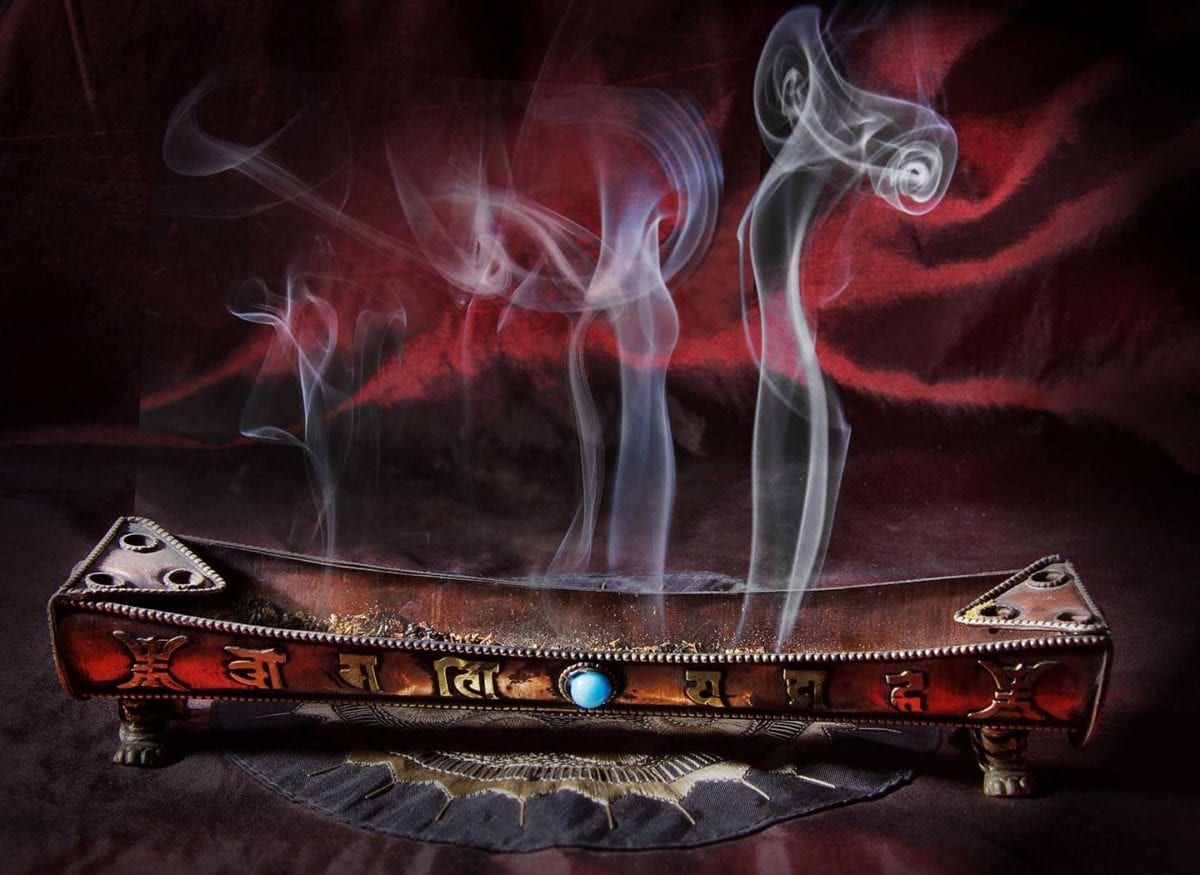In many Eastern traditions, when disciples complete their training with their guru, they offer him guru-dakshina, a token of gratitude to the master. In some cases, the guru specifies what exactly he requires. In that fashion, once, a group of pupils approached their master at the end of their tenure and asked him if he would like anything in particular as his guru-dakshina.
“As a matter of fact,” said the master, “I do want something specific.”
“Anything for you, master,” they said in unison.
“Anything at all?”
“Yes, guruji,” they replied.
“Well then,” the guru spoke in a low voice, “get me the most precious material object from your home. Be it gold, silver, a gem or anything valuable.”
At first, the disciples thought their guru was joking. In their 12 years there, they had never heard him ask for material things.
“But,” the master continued, “there’s one condition. You can’t ask for it from your parents or anyone else in the house. You must get it quietly when no one is looking.”
One disciple couldn’t hold himself back and said, “You are asking us to steal, guruji?”
“I thought you said you would do anything for me.”
“Yes, we will,” they said before dispersing.
“And remember, it must be a physical object,” he reiterated.
One week later everyone gathered at the ashram and surely, they weren’t empty-handed. One by one, they stepped forward and offered precious things. All but one student.
“How come you haven’t got anything?”
“I’m sorry, master, but I couldn’t find any time when no one was looking.”
“Not even once in the whole of one week?” the guru exclaimed. “Are you telling me you were not alone even for a few minutes?”
“I was, master,” he replied, “but, there was never a moment when no one was with me. Even when my parents or siblings were not around, God was with me. Even when no one was looking, my soul was looking at me. I tried but I couldn’t have brought you guru-dakshina without violating your word.”
The master got up, hugged him and said, “You are my finest disciple.”
Giving back the gifts to the students, he said, “This was just a test. I wanted to see whether you had understood my teachings. I needed to check if you had yet learned to trust your inner voice.”
Often, we look for validation of our actions by seeking external approval, generally from gurus and other religious authorities, but the truth is that deep within we almost always know our own reality. We know our own intentions better than anyone else out there. Propelled by our desires and ambitions, we mute our inner voice at our convenience. And, when the voice of the soul is muted, we lose touch with our true nature of bliss. We start to experience grief and sorrow at the non-fulfillment of our desires as if, in the big scheme of things, they have any bearing on our lives (they don’t).
Out of roughly 526 aphorisms of the illustrious sage Kapila (circa 2000 BCE), expounding the sankhya philosophy, five aphorisms particularly stand out in the current context.
Idanimiva sarvatra natya anto ochedah. Vyavaratto bhuyarupah. Aksha sambhandat sakshi tvam. Nitya mukta tvam. Audasinyam ch iti. (Kapila Sankhya Sutra, 1.159 - 1.163) The stream of mundane things never ceases to flow, but the soul is ever free however bound it may seem. The soul is merely a spectator, a witness. The real and eternal condition of the soul is constant freedom, for, it is indifferent to pleasure and pain. IAST: Idānimiva sarvatra nātyantōcchēdaḥ. vyāvarattō bhūyarūpaḥ. akṣasambandhātsākṣitvamm. nityamuktatvamm. audāsīn'yaṁ cēti.
If you could meditate on your soul, if you could see yourself as a silent witness, your perspective towards most things in life will change for the better. When you experience pain because life isn’t going according to you, just take a step back. Pause. Stop. Sit down. Take a deep breath. Visualize it as if you are simply a spectator of your own life, that you are watching your body, your mind, your life. That, the true you, the purest element, is beyond all misery.
To be able to watch your life and your emotions without reaction and judgment, like your soul watches you, is a profound and rapid path to self-realization.
Mulla Nasrudin fell from the scaffold and dropped three stories. Other workers rushed to the spot and one of them asked him, “Are you hurt by the fall?”
“It wasn’t the fall that hurt me,” Mulla groaned. “It was the sudden stop.”
Similarly, it’s not the experience itself in any situation that hurts anyone. It’s our perspective. It’s when we stop and question, when we analyze and judge that we feel whatever we do. In that moment of judgment, you can choose your perspective, you can choose to simply be an observer, as if it’s not about you but about someone else you know, an aspect of you. Your painful and violent reactions will subside almost immediately.
Your soul is the silent witness to everything that you do and everything that happens to you. When you start experiencing that you are more than the sum total of your body and mind, a constant feeling of bliss becomes a part of you, like the scent from incense — the more life burns you the more fragrance you emit. And even after it’s been put out, the sweet smell lingers behind.
Peace.
Swami
A GOOD STORY
There were four members in a household. Everybody, Somebody, Anybody and Nobody. A bill was overdue. Everybody thought Somebody would do it. Anybody could have done it but Nobody did it.
Don't leave empty-handed, consider contributing.It's a good thing to do today.









Comments & Discussion
26 COMMENTS
Please login to read members' comments and participate in the discussion.